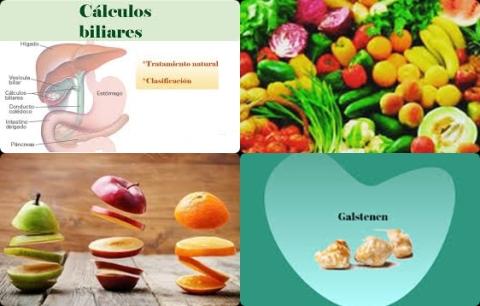
Objectives:
The role of fruit and vegetables (FVs) consumption in decreasing gallstone disease risk remains contradictory.Therefore, this review article has been conducted.
Does fruit or vegetables consumption reduce risk of gallstone disease?
Study design:
This review article included 1 cross-sectional study, 1 case-control studie and 9 cohort studies, covering approximately 33,983 patients with gallstone disease and 1,53,3752 participants.
Results and conclusions:
The investigators found in a pooled analysis, vegetables consumption was significantly related to a decreased gallstone disease risk of 17% [RR = 0.83, 95% CI = 0.74-0.94, I2 = 91.1%]. This reduced gallstone disease risk was solid in most subgroup analysis.
The investigators found in a pooled analysis, fruits consumption was significantly related to a decreased gallstone disease risk of 12% [RR = 0.88, 95% CI = 0.83-0.92, I2 = 0.01%].
This reduced gallstone disease risk was solid in most subgroup analysis.
The investigators found nonlinear dose-response analysis indicated that gallstone risk was reduced by 4% [RR = 0.96, 95% CI = 0.93-0.98, p =0.001] for every 200 g per day increment in vegetables consumption.
The investigators found nonlinear dose-response analysis indicated that gallstone risk was reduced by 3% [RR = 0.97, 95% CI = 0.96-0.98, p =0.001] for every 200 g per day increment in fruits consumption.
The investigators concluded that vegetables and fruits consumption, particularly 200g fruits or 200g vegetables per day is correlated with a reduced risk of gallstone disease.
Original title:
Fruits and vegetables consumption and the risk of gallstone diasease: A systematic review and meta-analysis by Zhang JW, Xiong JP, [...], Zhao HT.
Link:
https://www.ncbi.nlm.nih.gov/pubmed/31305451
Additional information of El Mondo:
Find here more information/studies about chronic disease and vegetables and fruits consumption.